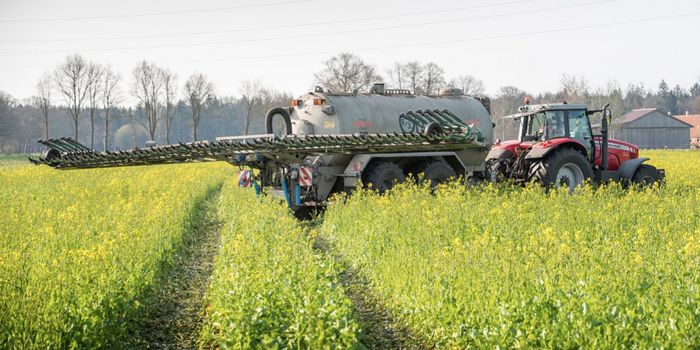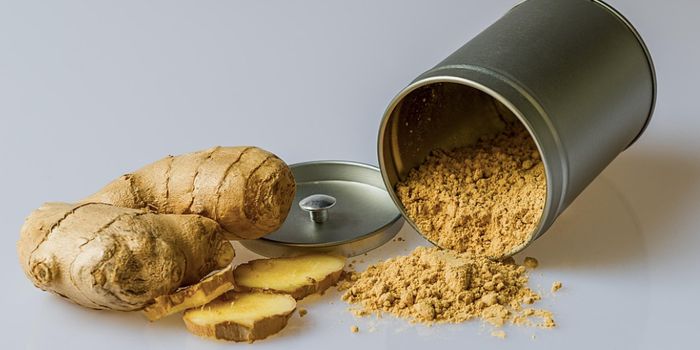Climate Change Is Already Bad for Corn Production. Weeds Make It Worse.
Climate change is accelerating, causing more severe droughts, heat, and flooding. The United Nations Intergovernmental Panel on Climate Change (IPCC) report published in August of this year was a “code-red” warning, highlighting that human activity will continue to have damaging effects on the environment, including food production, unless drastic measures are taken.
Corn, one of the most important crops grown globally, may be hit hardest. According to the U.S Department of Agriculture (USDA), about 14 billion bushels of corn were produced in the U.S. alone, though estimates show that towards the end of the century, global production could fall by nearly a quarter. However, according to new research published in Global Change Biology by researchers associated with the USDA-Agricultural Research Service, estimates assessing the effects of climate change on corn production are missing a key factor: weeds.
Specifically, researchers argued that many computer models don’t factor in the role that weeds play when analyzing the way climate change affects crop yields. To address this gap, researchers used machine learning to analyze hundreds of data sets representing different types of environmental scenarios in which corn may grow, allowing for a robust, comprehensive data set to examine what’s affecting corn production.
Their research highlighted that corn production could actually be reduced by nearly 50% when minimal efforts are taken to control weeds, though planting corn after April due to wet spring conditions could be a potential saving grace. Climate changes (such as excessive heat) force corn to compete with weeds for necessary nutrients, and weeds are likely to outperform. These changes also impact the effectiveness of herbicides used to control weed growth.
The research team specifically identified the declining effectiveness of herbicides for controlling and managing weeds as a key challenge. With weeds becoming increasingly resistant to herbicides due to their overuse, new tools are needed, though previous thinking raises the concern that human innovation may struggle to keep up. However, researchers cautioned that new tools alone would not solve the issue; diversification of approaches was necessary to prevent the growth of resistant weeds.
Sources: Science Daily; BBC; Global Change Biology; Scientific American








